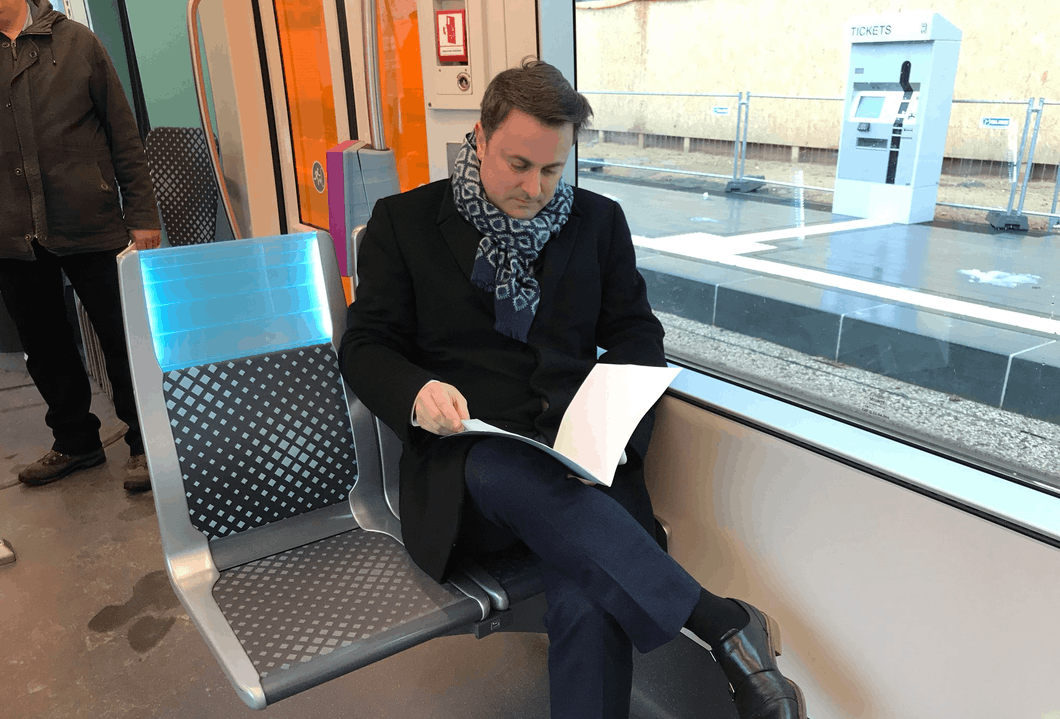In an interview with public radio 100,7 on Thursday 21 December, Bettel said that the objective was to give people on the poverty line a “springboard to get out of that situation.” He added that “you don’t ‘manage’ poverty. You need to encourage people to get out of poverty” and into the labour market.
The recent 2016 report report by the Observatory for Competitiveness (Observatoire de la compétitivité) found that 113,800 people were at risk of poverty or social exclusion in Luxembourg last year, or 16.5% of the population. Between 2008 and 2015, this represented an increase of 32%. The percentage of people at risk of poverty while working stood at 11.5%, the third highest country out of the EU28.
In the short term, the DP prime minister said that measures such as 20 hours of free child care, tax reforms, free school books and the housing subsidy were already helping people who were at risk of poverty. Bettel also considered the high prices in the housing market one of the biggest factors, but this could only be solved in the medium term.
Brexit
Bettel warned that, while companies were now moving out of London, many may move to London after March 2019 because they would be able to benefit from more advantageous rules there. “We need to defend our interests in a European Union of tomorrow. The UK will not be a family member anymore, but a neighbour.”
2018 parliamentary elections
Bettel underlined what his coalition government (DP-LSAP-Greens) had achieved since it came to power in 2013: the family policies, education and tax reform, the diversification of the economy (with the space mining project and the Rifkin process), or the reform of fire and rescue services and the hospital sector.
But he added that “there is still work to do.”
The liberal prime minister, who, opinion polls suggest is unlikely to win next next year’s parliamentary elections, insisted that “the country is doing better than 4 years ago”, but acknowledged that some people didn’t feel that way. However, unemployment was down, the country was competitive and economic growth was good. He counted on the fact that “the numbers would speak for themselves.”
Some policy differences between his party and the coalition partners were for example a far-reaching simplification of administrative procedures, which the LSAP would probably not agree to. On the other hand, his party could not agree to raising the minimum wage without further studies, which LSAP employment minister Nicolas Schmit and the OGBL had brought into play a few weeks ago.
His party would focus on “family and freedom” in his election manifesto, Bettel said.
